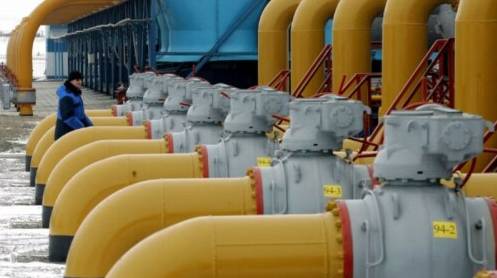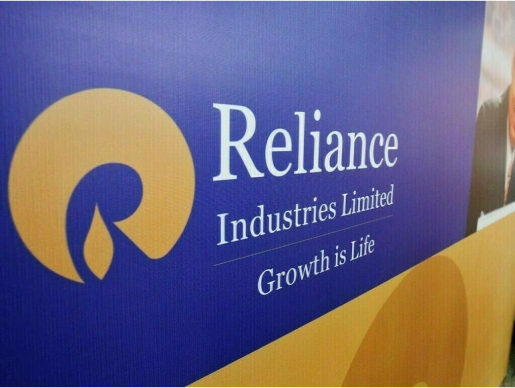ISLAMABAD: The Central Power Purchasing Agency (CPPA) is seeking an additional Fuel Cost Adjustment (FCA) of Rs3.49 per unit in June’s bills, admitting that “consumers don’t want electricity from the system” as evidenced by a 14-17% drop in consumption in April.
During a public hearing by the National Electric Power Regulatory Authority (NEPRA), CPPA’s Chief Executive, Rehan Akhtar, noted that while reference fuel prices remained stable, weather and changing consumption patterns led to higher actual fuel costs. April’s consumption was 17% lower than the reference price and 14% lower than the same month last year. Despite expensive imported LNG being arranged in advance, local cheaper gas supply was reduced, resulting in financial losses. Additionally, Thar-based plants were underutilized due to system constraints, with demand peaking at 16,116 MW and dropping to 8,478 MW during off-peak hours.
Unanticipated cooler weather and 164% higher than normal rainfall, along with lower hydropower availability and a breakdown of the 500kV Dadu to Shikarpur transmission line, further exacerbated the situation. The impact of the additional FCA for April would add Rs32 billion to June’s billing, translating to an increase of Rs3.4883 per kWh over the reference tariff of Rs5.492 per unit. This increase, coupled with the current quarterly tariff adjustment, means consumers will continue to face higher electricity bills as temperatures rise.
The CPPA’s petition highlighted that actual fuel costs were significantly higher than the reference costs, leading to a substantial FCA increase. LNG-based power generation, which saw a rise in cost to Rs22.8 per unit, provided the largest share to the national grid in April, followed by hydropower and nuclear power. Renewable energy sources, including wind, bagasse, and solar, contributed a 5.3% share to the grid.
The CPPA’s request for a higher FCA reflects ongoing challenges in managing and forecasting fuel costs in Pakistan’s energy sector.





